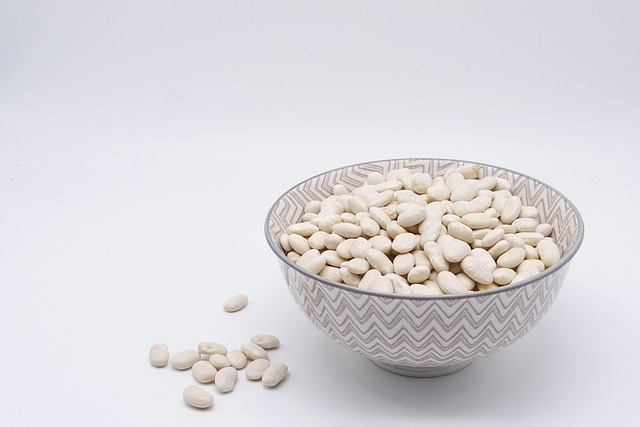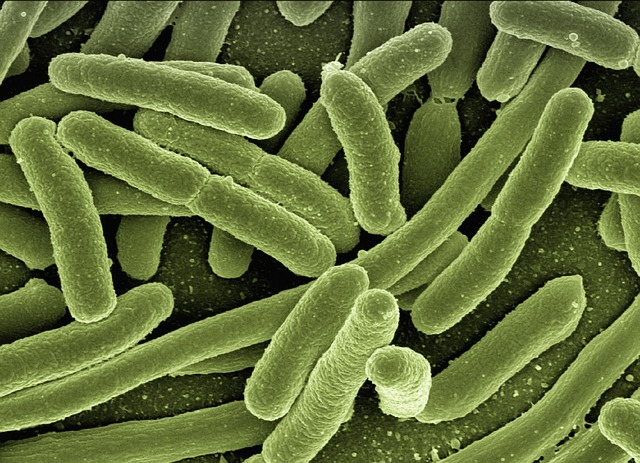When you lace up your shoes for a run or stand in front of the barbell, the fuel you choose can either light you up or drain you. A well‑structured vegetarian diet, rich in whole grains, legumes, nuts, seeds, fruits, and vegetables, offers a powerhouse of nutrients that can match or even surpass the energy and recovery benefits of animal‑based meals. By focusing on variety, protein quality, and strategic meal timing, vegetarians can optimize performance, build lean muscle, and reduce the risk of injury—all while enjoying a vibrant and sustainable lifestyle.
Why a Vegetarian Diet Powers Your Workouts
Plant‑based foods are dense in micronutrients that support metabolic pathways essential for exercise. Complex carbohydrates such as oats, quinoa, and sweet potatoes provide a steady release of glucose, keeping glycogen stores full for endurance activities. Antioxidant‑rich produce like berries, leafy greens, and cruciferous vegetables combat oxidative stress generated during high‑intensity training. Moreover, phytochemicals found in soy, flax, and chia seeds have anti‑inflammatory properties that ease muscle soreness. Combined, these elements create a metabolic environment where the body can perform at its best, recover efficiently, and stay resilient over time.
Protein Powerhouses for Strength
Protein is the building block of muscle, and many vegetarians rely on a variety of plant sources to meet their needs. Beans, lentils, chickpeas, and peas provide essential amino acids, especially when paired with grains like rice, corn, or whole‑wheat pasta. Soy products— tofu, tempeh, edamame—are complete proteins, offering all nine essential amino acids. For those who enjoy dairy, Greek yogurt and cottage cheese are excellent options, but plant‑based milks fortified with protein can also fill the gap. Consuming protein within 30 minutes after a workout helps trigger muscle repair and growth, making it a critical component of an active vegetarian plan.
Recovery: Anti‑Inflammatory Plant Foods
“The best athletes know that recovery is just as important as training.” – Unknown
Inflammation is a natural response to exercise, but chronic inflammation can hinder progress. Vegetarian staples such as turmeric, ginger, walnuts, and omega‑3‑rich chia seeds help keep inflammatory markers in check. A post‑workout smoothie that blends kale, pineapple, and flaxseed creates a sweet yet potent anti‑inflammatory blend, while a simple lentil soup with carrots and celery offers both protein and antioxidants. By integrating these foods into daily meals, vegetarians create a steady stream of compounds that accelerate healing and reduce discomfort.
Hydration & Electrolytes on a Plant‑Based Plan
Hydration is vital for any athlete, but plant‑based athletes must pay special attention to electrolytes like sodium, potassium, magnesium, and calcium. Bananas, avocados, and potatoes are rich in potassium, while spinach, almonds, and black beans contribute magnesium. Dairy‑free fortified plant milks often add calcium and vitamin D, supporting bone health. During long training sessions, a hydration strategy that includes electrolyte‑enriched coconut water or a homemade sports drink made with orange juice, sea salt, and a splash of maple syrup can keep the nervous and muscular systems functioning smoothly.
Meal Timing and Portioning for Active Lifestyles
Strategic meal timing can amplify the benefits of a vegetarian diet. An optimal pre‑exercise meal should contain a moderate amount of complex carbohydrates, a small protein source, and minimal fiber to avoid gastrointestinal discomfort—think a banana with a tablespoon of peanut butter or a bowl of oatmeal topped with berries. Post‑exercise nutrition ideally includes a protein source, carbohydrates for glycogen replenishment, and healthy fats to support hormone production. For example, a chickpea and quinoa bowl with roasted vegetables and a drizzle of olive oil delivers a balanced macro profile that fuels recovery. Throughout the day, aim for balanced meals with a mix of macro‑and micronutrients to maintain energy and focus.
Supplements, Myths, and Real‑World Tips
- Protein powders – Whey, pea, or hemp protein powders can be convenient when meeting protein goals is challenging, but they are not necessary if you consume a varied diet.
- B12 & D – Vitamin B12 is naturally present only in animal products, so fortified foods or a supplement are advisable for strict vegetarians.
- Iron – Plant iron is non‑heme and less efficiently absorbed, so pairing it with vitamin C (e.g., citrus or bell pepper) enhances uptake.
- Creatine – While traditionally sourced from meat, plant‑based creatine supplements are effective for strength gains and are readily available.
Myths persist that vegetarians cannot achieve peak strength or endurance. Scientific studies consistently show that with thoughtful planning, vegetarians can reach elite performance levels in endurance sports, weightlifting, and team athletics. The key is to listen to the body, monitor recovery, and adjust macros as training demands change.
Putting It All Together: A Sample Weekly Schedule
Below is a flexible template that aligns a vegetarian diet with a typical workout week. Adjust portion sizes and snack choices based on individual calorie needs and activity intensity.
- Monday – Strength Training
- Breakfast: Scrambled tofu with spinach and whole‑grain toast.
- Pre‑workout snack: Apple slices with almond butter.
- Post‑workout: Lentil chili topped with avocado.
- Dinner: Stir‑fry with tempeh, broccoli, bell pepper, and quinoa.
- Tuesday – Endurance Run
- Breakfast: Overnight oats with chia seeds and mixed berries.
- Pre‑run: Banana with a teaspoon of honey.
- Post‑run: Smoothie of kale, pineapple, and pea protein.
- Dinner: Black‑bean burrito bowl with brown rice and salsa.
- Wednesday – Active Recovery (Yoga or Light Walk)
- Breakfast: Avocado toast with hemp seeds.
- Mid‑morning: Orange and a handful of walnuts.
- Lunch: Chickpea salad with cucumbers, tomatoes, and olive oil.
- Dinner: Sweet‑potato and lentil stew with a side of steamed kale.
- Thursday – HIIT Session
- Breakfast: Greek‑style soy yogurt with granola and sliced kiwi.
- Pre‑HIIT: Banana with peanut butter.
- Post‑HIIT: Protein‑rich smoothie with spinach, frozen berries, and pea protein.
- Dinner: Veggie‑filled pasta with marinara and a side salad.
- Friday – Strength + Conditioning
- Breakfast: Smoothie bowl with acai, banana, almonds, and coconut flakes.
- Pre‑workout: Trail mix of pumpkin seeds, dried apricots, and dark chocolate chips.
- Post‑workout: Tofu stir‑fry with mixed veggies and soba noodles.
- Dinner: Stuffed bell peppers with quinoa, black beans, and corn.
- Saturday – Long Cycle or Hike
- Breakfast: Whole‑grain bagel with smoked tofu and tomato slices.
- Mid‑morning: Energy bar made from dates, oats, and almonds.
- Lunch: Lentil and spinach soup with a slice of rye bread.
- Dinner: Vegetable curry with basmati rice.
- Sunday – Rest
- Breakfast: Miso soup with tofu, scallions, and soba noodles.
- Snack: Sliced peaches with a dollop of coconut cream.
- Lunch: Falafel wrap with tahini sauce and mixed greens.
- Dinner: Roasted vegetable medley with quinoa pilaf.
Feel free to swap out proteins, grains, or vegetables based on availability and seasonality. The overarching principle is consistency, variety, and listening to how your body responds.
Final Thoughts
Embracing a vegetarian diet as an athlete is not about limiting choices; it’s about harnessing the vast array of plant foods to support performance, recovery, and overall well‑being. With mindful planning—ensuring adequate protein, essential micronutrients, and proper timing—vegetarians can excel in any sport, whether it’s running, cycling, weightlifting, or team play. The plant‑based approach offers not only physiological benefits but also environmental stewardship, creating a powerful synergy between personal health and planetary health. Fuel your life with vibrant, whole foods, stay disciplined in your training, and let the natural abundance of plant nutrition propel you to new heights.




